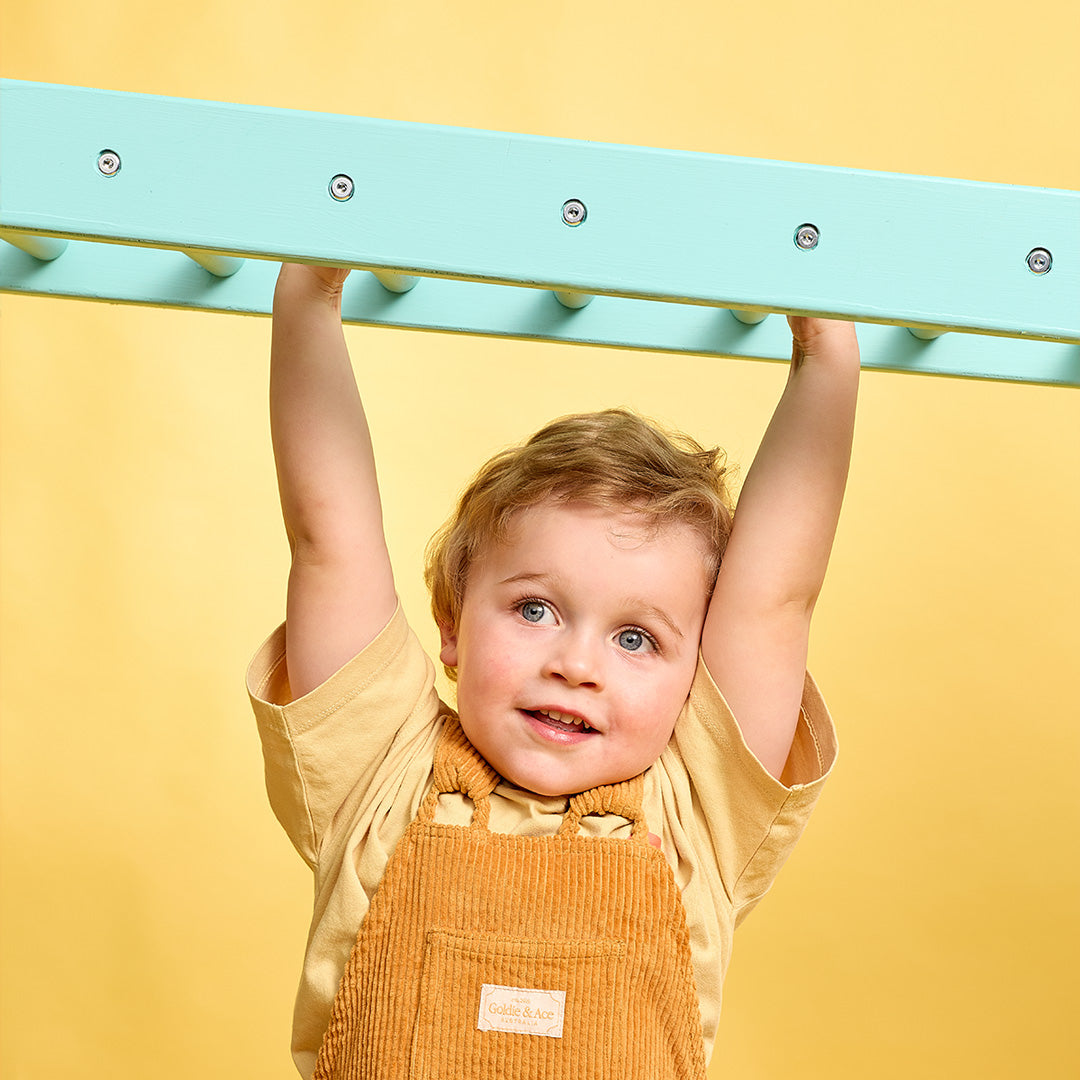
What We've Learned About Tiny Habits That Actually Stick (For Kids and Busy Parents)
Share
We've all been there, January 1st rolls around and suddenly we're going to transform our family's entire routine overnight. Green smoothies! Daily walks! Perfect bedtime schedules! And by January 15th? We're back to crackers for breakfast and wondering where it all went wrong.
Here's what we've learned after years of trying (and failing) at big changes: tiny habits beat grand plans every single time.
Why Big Changes Usually Fail (And That's Totally Normal!)
The thing about kids is they are creatures of habit, but only the habits that already exist. Try to overhaul everything at once and you'll get the kind of resistance usually reserved for vegetables and bath time.
We used to think we needed to fix everything all at once. Now we know better. One tiny change, done consistently, beats a dozen big changes that fizzle out in a week.
Think about it like this - your toddler didn't learn to walk by suddenly sprinting across the room. They took one wobbly step, then another, then another. Same rules apply here. Baby steps.
The Magic of Piggybacking New Habits
Here's what changed everything for us: instead of creating brand new routines, we started adding tiny habits to things we were already doing consistently.
Already brushing teeth every morning? Perfect, that's your anchor. Already reading bedtime stories? That's another anchor. Already eating breakfast together? You've got a third one.
The trick is to pick something you literally cannot forget to do (like brushing teeth) and attach your new tiny habit right to it. We call it "habit stacking," but really it's just being smart about how our brains work.
Some combinations that have worked for families we know:
-
After we brush teeth, we take our medicines or vitamins
-
After we put on pyjamas, we do three deep breaths together
-
After we finish breakfast, we put our dishes away together
The key word here is "after." It creates a natural flow that doesn't feel forced.
Making It So Easy You Can't Say No
Want to know the real secret? Make it ridiculously easy. Like, embarrassingly easy.
We used to think habits had to be impressive to count. Turns out, the most powerful habits are often the smallest ones. Reading one page of a book beats planning to read for an hour. Doing five jumping jacks beats signing up for a gym membership you'll never use.
With kids, this is even more important. Their attention spans and cooperation levels change by the hour. What worked yesterday might be met with a full meltdown today. But if the habit is tiny enough, you can usually squeeze it in even on the rough days.
Start with something so small it feels almost silly not to do it. Once it becomes automatic (and this takes longer than you think, usually several weeks), then you can build on it.
Celebrating the Wins (Even the Tiny Ones)
Here's something we learned the hard way: kids need to feel successful, not pressured. Every time they remember the new habit, celebrate it. Not with fanfare or prizes, just with acknowledgment.
“Hey, you remembered to take your vitamins with breakfast! Nice one!” or "Look at that, you got your shoes on right after breakfast, just like we practiced!"
These tiny moments of recognition help cement the habit in their minds. They start to see themselves as "the kind of kid who remembers" rather than someone who's always forgetting.
And here's a plot twist: celebrate your own wins too. Parenting is hard enough without beating yourself up for not being perfect. Did you remember the new routine three days this week? That's three more than last week. Progress, not perfection.
Making It Stick in Real Life
The truth is, some days everything will fall apart. Your toddler will have a meltdown, you'll be running late, and the carefully planned routine will go out the window. This is normal. This is not failure.
The families who succeed with tiny habits aren't the ones who never mess up, they're the ones who get back to it the next day without drama or guilt.
Keep your expectations realistic. If you manage your new tiny habit 80% of the time, you're doing amazingly well. Perfect consistency is not the goal – sustainable change is.



